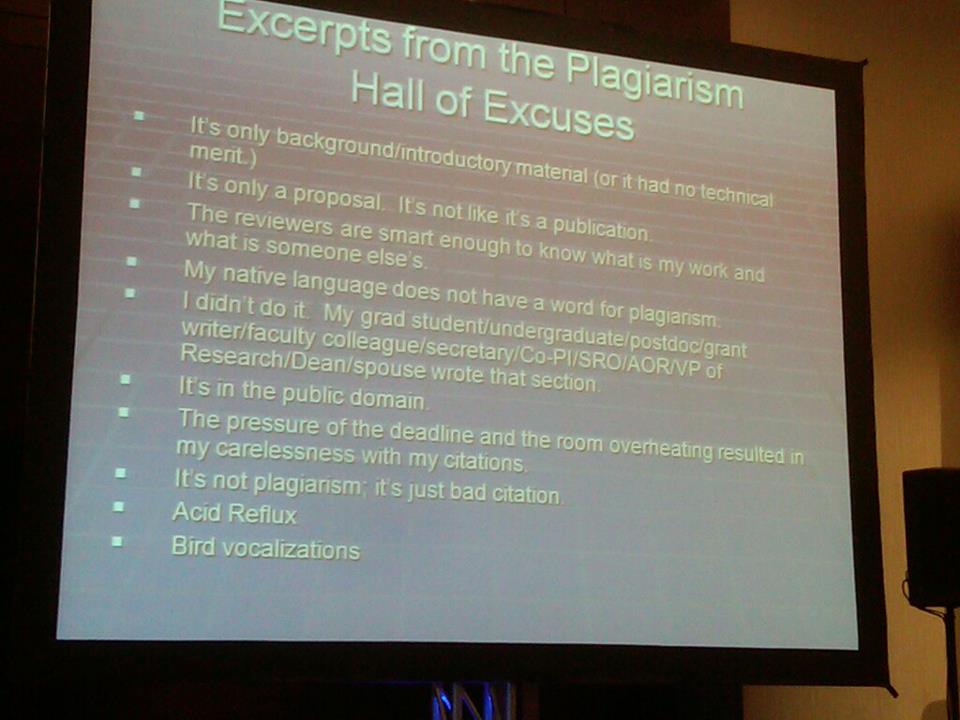On a Saturday last November, Philip Tsichlis of The Ohio State University received an email no researcher wants to get.
Another scientist had tried to replicate a finding in a recent paper of his, and couldn’t. “We believe that our results should lead to some revision of the model you propose,” stated the email, which was released to us by OSU following a public records request.
It turned out that was an understatement. The email eventually led Tsichlis to discover data fabrication in that paper and a related article. Within a week, he requested the retraction of both papers, one in Communications Biology and the other in Nature Communications, both Springer Nature journals. One was retracted in December, but not the other.
In an email to a Nature Communications editor on November 22nd, Tsichlis wrote:
This has been a nightmare and I blame myself for not having detected it earlier. However, we cannot go back. I hope that we will retract this paper as soon as possible.
Seven months later, it remains unflagged.
Continue reading ‘This has been a nightmare’: One paper was retracted. The other still lingers.







